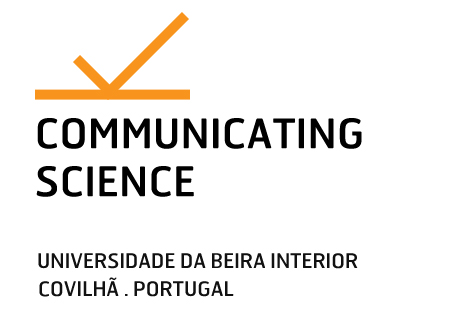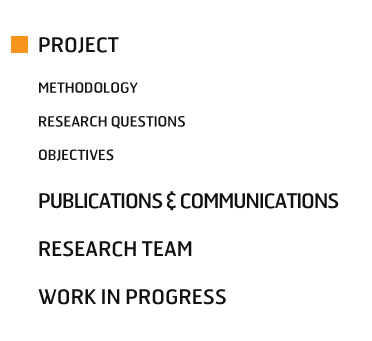OBJECTIVES
This project has a main, transversal and general objective, stated in 1), to which all the other sub-goals, as stated in 2) to 6), report; and which is accomplished by the public events (scientific gatherings/ conference) and publishing activities (Handbook on publication cultures).
1) Promote the public debate over publication cultures in the Humanities (vg. Communication Sciences and Sociology) and a wide awareness that such cultures will shape and determine the scientific field they communicate.
2) Bring to public sight the differences still existing among publication cultures in the Humanities, Social Sciences, and Sciences (vg. Biochemistry and Physics).
3) Evaluate the steps that lead from the journal's IF (Impact Factor) consideration, to the individual evaluation of researchers (Hirsch-number). Question the monolithic use of such criteria, for instance in researcher's hiring, tenure-track and tenure policies.
4) Demonstrate that being humanities (Communication Sciences/Sociology) heavily dependent on the publication of books that traditional data-bases (ISI and Scopus) do not index, Google Scholar results for these areas offer a better approximation to the impact of the work of individual researchers than in Sciences, which have their publication cultures, based on indexed journals, with stabilized procedures (vg. Biochemistry/Physics).
5) Investigate the social aspects intervening either in the construction of science, either in the way authors publish and quote each other. Unveil the mechanisms, if any, of how the existence of 'rewards' for quoting can condition the individual attitude of researchers, for instance in the management of scientific journals, maximizing IF opportunities and disrupting other editorial criteria.
6) The objectivity seen by Garfield in the self-ordering of knowledge through its intrinsic connections is extremely beautiful. But what happens when the principles and criteria of that order backlash and influence the production of that knowledge? In other words: Should the diligent editor invest in the rising of its journal IF (and does he do it)? Should the conscious researcher work for his own h-number, or embrace science for the sake of science (and will he do it)? What are the consequences of these processes to knowledge and science as we know it? |






